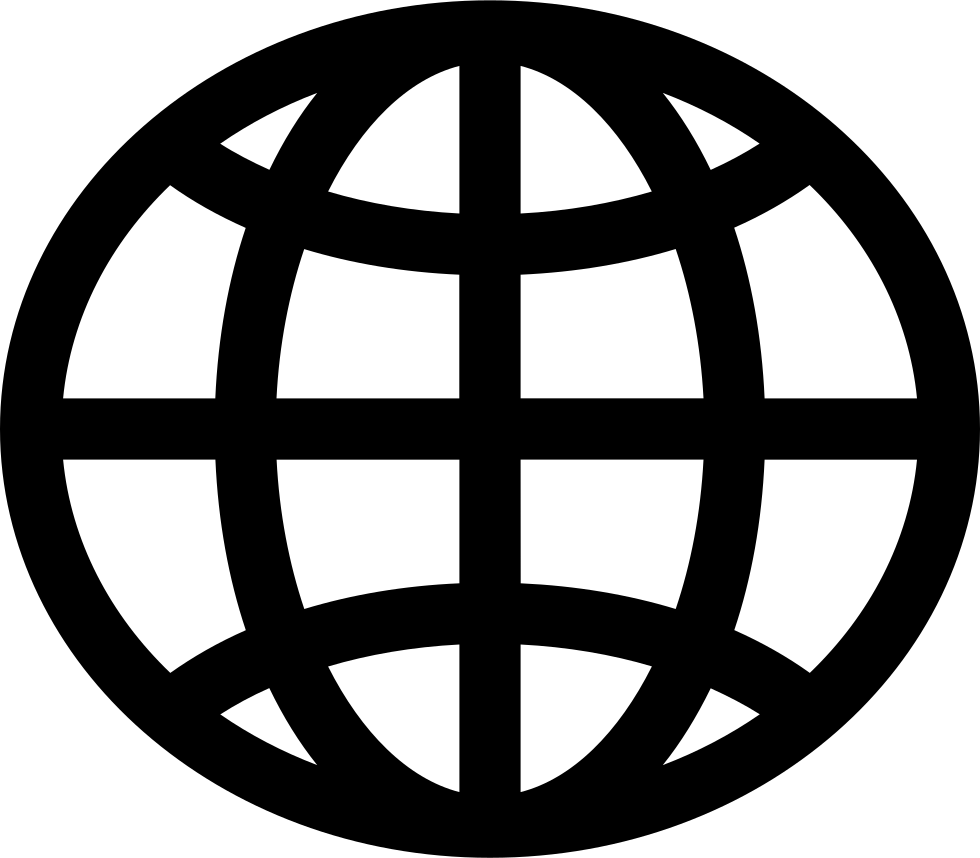Develop Water Education to Increase Awareness, Stewardship and promote Best Practices
(don't) Waste Water
(
Scientific community
)
#SDGAction51772
Description
Our initiative aims to increase awareness and understanding of global water issues by sharing knowledge, experiences, and stories from water experts, innovators, and advocates. We believe that through education and inspiration, we can drive positive change and action toward a more water-secure future. Over the course of one year, we will release 52 episodes covering a wide range of topics related to water. Each episode will feature interviews with guests from diverse backgrounds and industries, providing insights into water conservation, management, and innovation. Our podcast will be available on all major platforms and accessible to anyone with an internet connection. We hope to engage a global audience and encourage listeners to join the conversation by sharing their thoughts, ideas, and experiences on social media. By creating a platform for meaningful dialogue and exchanging ideas, we aim to inspire and empower individuals and organizations to take action toward a more sustainable future. Join us on this exciting journey and be a part of the solution. Let's work together to make every drop count.
Through this initiative, we hope to achieve the following impacts: 1. Raise awareness: By sharing information about water-related issues and solutions, we hope to raise awareness among the general public about the importance of sustainable water management. 2. Inspire action: We aim to inspire listeners to take action in their own lives and communities to promote sustainable water management practices. 3. Foster collaboration: By featuring stories of successful water projects and initiatives, we hope to foster collaboration between individuals, organizations, and communities working towards sustainable water management. 4. Amplify voices: Our podcast will provide a platform for underrepresented voices in the water sector, including women, indigenous peoples, and marginalized communities. 5. Drive innovation: By sharing new ideas and approaches to water management, we hope to drive innovation and promote new solutions to water-related challenges. Overall, our goal is to create a more informed and engaged public around water issues and to contribute to a more sustainable and equitable future for all.
SDGS & Targets
Goal 6
Ensure availability and sustainable management of water and sanitation for all
6.1
By 2030, achieve universal and equitable access to safe and affordable drinking water for all
6.1.1
Proportion of population using safely managed drinking water services
6.2
By 2030, achieve access to adequate and equitable sanitation and hygiene for all and end open defecation, paying special attention to the needs of women and girls and those in vulnerable situations
6.2.1
Proportion of population using (a) safely managed sanitation services and (b) a hand-washing facility with soap and water
6.3
By 2030, improve water quality by reducing pollution, eliminating dumping and minimizing release of hazardous chemicals and materials, halving the proportion of untreated wastewater and substantially increasing recycling and safe reuse globally
6.3.1
Proportion of domestic and industrial wastewater flows safely treated
6.3.2
Proportion of bodies of water with good ambient water quality
6.4
6.4.1
Change in water-use efficiency over time
6.4.2
Level of water stress: freshwater withdrawal as a proportion of available freshwater resources
6.5
By 2030, implement integrated water resources management at all levels, including through transboundary cooperation as appropriate
6.5.1
Degree of integrated water resources management
6.5.2
Proportion of transboundary basin area with an operational arrangement for water cooperation
6.6
6.6.1
Change in the extent of water-related ecosystems over time
6.a
6.a.1
Amount of water- and sanitation-related official development assistance that is part of a government-coordinated spending plan
6.b
Support and strengthen the participation of local communities in improving water and sanitation management
6.b.1
Proportion of local administrative units with established and operational policies and procedures for participation of local communities in water and sanitation management
SDG 14 targets covered
| Name | Description |
|---|
Deliverables & Timeline
Publish 52 Episodes over the Course of one year and before the next World Water Day
Resources mobilized
Partnership Progress
Feedback
Action Network

Timeline
Entity
SDGs
Region
- Global
Other beneficiaries
Water Professionals School Students Institutional Stakeholders
More information
Countries

Contact Information
Antoine, Creative Director

